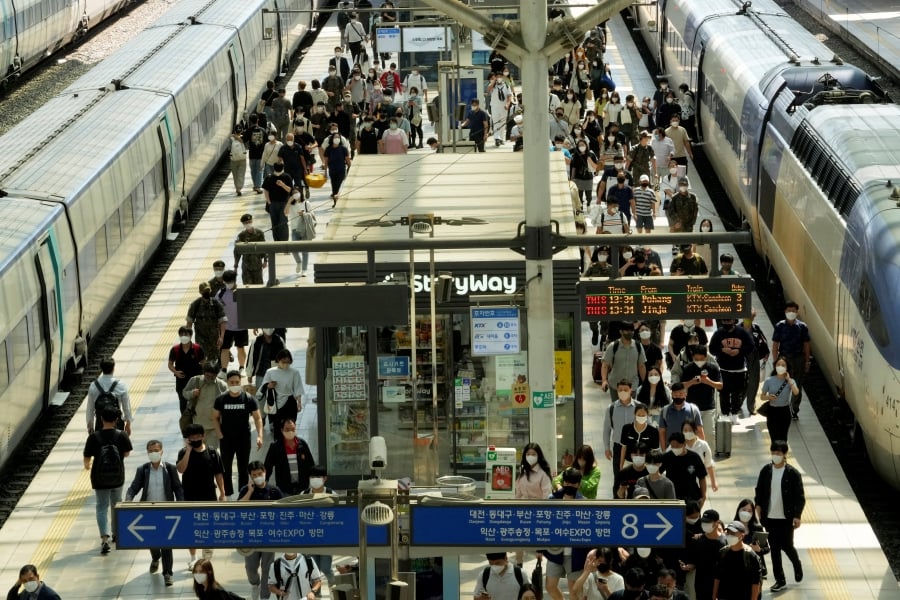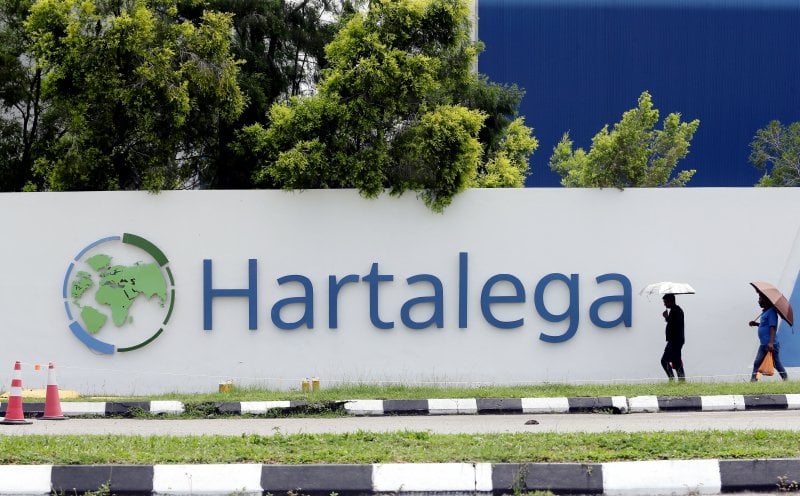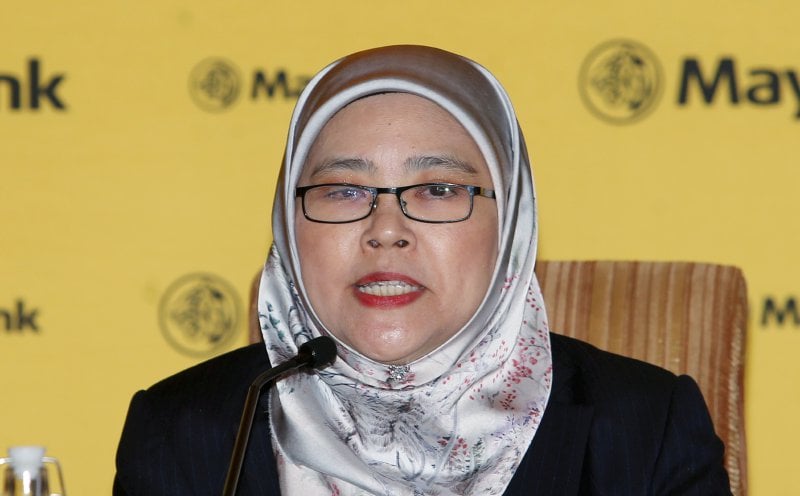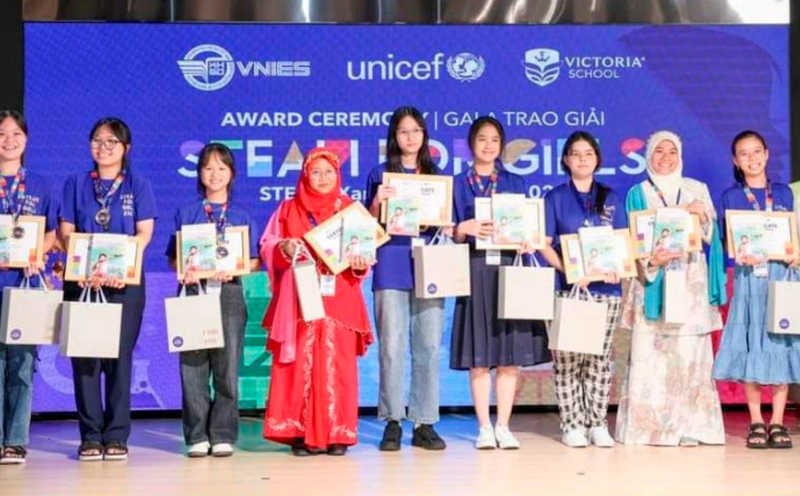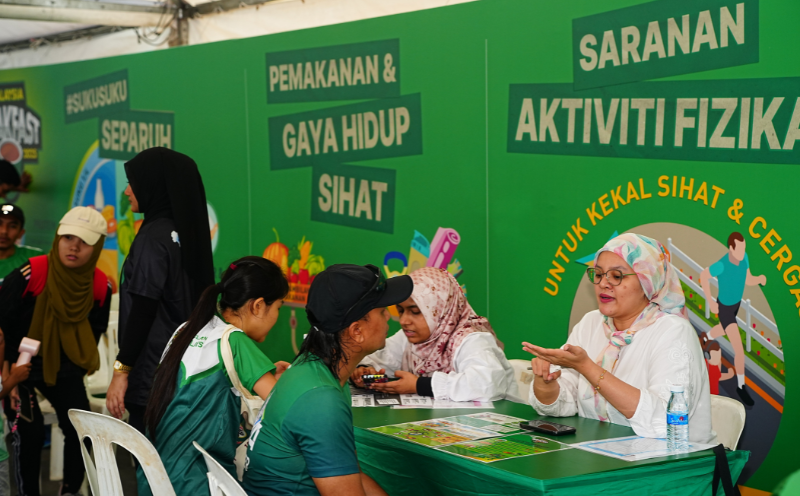SEOUL: In a bid to overcome the shortage of babysitters in South Korea, Seoul city mayor recently proposed that foreign nationals should be allowed to work in homes.
However, experts in immigration matters have described the proposal by Seoul Mayor Oh Se-hoon as unrealistic due to the country's existing wage system.
According to a report in the Korea Times, Oh had said parenting should now be respected in society and a system was needed to enable mothers and fathers to raise their children together.
In a Facebook post last week, he said hiring foreign babysitters was a policy that focuses on childrearing and it would be welcomed by those who have been reluctant to employ babysitters due to financial reasons or a lack of supply.
Oh noted that Hong Kong and Singapore have adopted the system since the 1970s, and both countries have seen a rise in women's economic activities.
"It costs two to three million won a month to hire a babysitter in South Korea, but it costs 380,000 to 760,000 won in Singapore," he added, implying that an influx of foreign workers into the local market would lower employment costs.
Oh had also made the proposal in a cabinet meeting last week and hoped the topic would be discussed at a soon-to-be launched pan-government task force aimed at tackling the country's demographic crisis.
With South Korea's population dropping amid low birth rates, the country has been increasingly dependent on foreign workers to meet its demands.
Currently, only foreign nationals with permanent residency, those married to South Koreans and ethnic Koreans from China can be employed as babysitters.
However as the pandemic continues, the demand for domestic workers who can offer childcare and other housework services has rapidly risen.
Job portal operator Mediawill Networks said the number of job advertisements for domestic workers surged more than 322 per cent between February 2020 and January 2021.
With supply declining, the costs to hire such workers have also risen and authorities are mulling whether to further open the market to foreign nationals as a possible solution.
This is to tackle the imbalance between supply and demand, while bringing down employment costs.
However the Korea Times report said immigration experts felt that bringing in foreign nationals could be a premature move.
To make it work, they said South Korea would need to overhaul its wage system as well as eradicate extensive discrimination against foreign workers in the country.
"Discussions should begin from asking whether South Korea is really prepared to welcome foreign nannies. Considering that discrimination against foreign workers is still prevalent in society, I'm worried that foreign nannies may face extremely harsh working conditions and low wages," Moon Byung-ki, head of Korean International Migration Studies Association, told the Korea Times.
He also said Oh's remarks that nannies in Singapore are paid 380,000 to 760,000 won a month, may be inaccurate as he believed they are paid more than that.
"However, low employment costs are possible in Singapore because there is no minimum wage system there."
Under South Korea's labour laws, foreign workers are guaranteed the minimum wage and are covered by the Labour Standards Act.
Moon said if the authorities were considering introducing a different minimum wage system for foreign nannies to lower employment costs, such a system would be discriminatory to other foreign workers.
"Also, it does not seem like a good idea for the government to create a new visa category to attract foreign nationals to fill low-skilled jobs shunned by South Koreans," he said.
He added that migrant workers have already largely replaced South Koreans in the so-called 3D (dangerous, difficult and dirty) jobs as well as on farms in rural regions.


